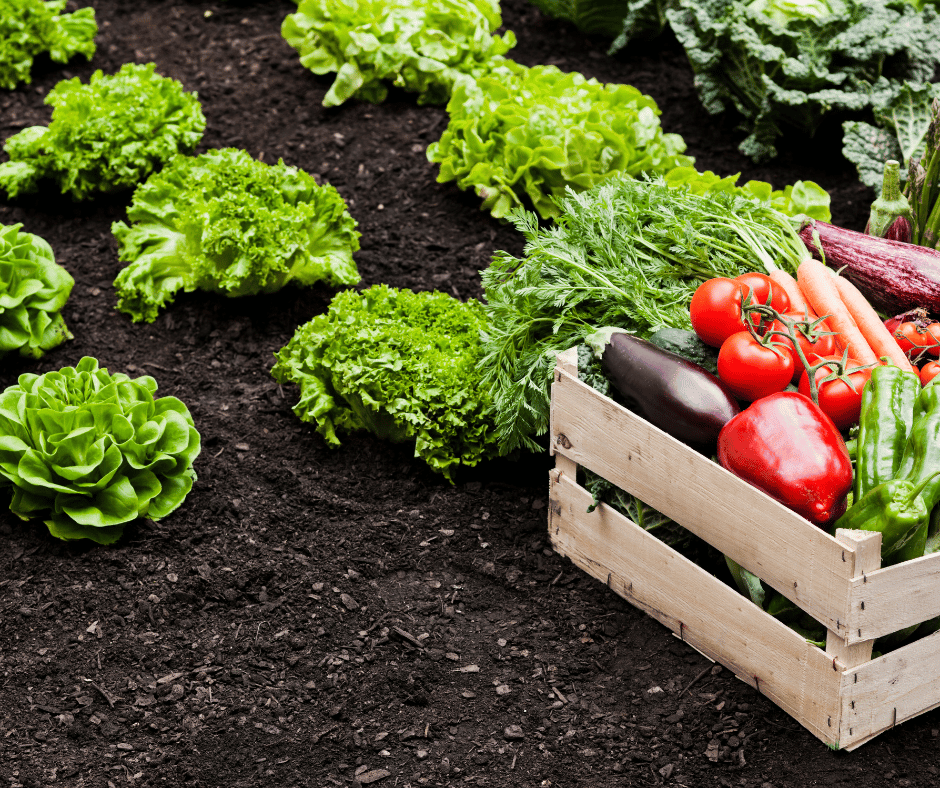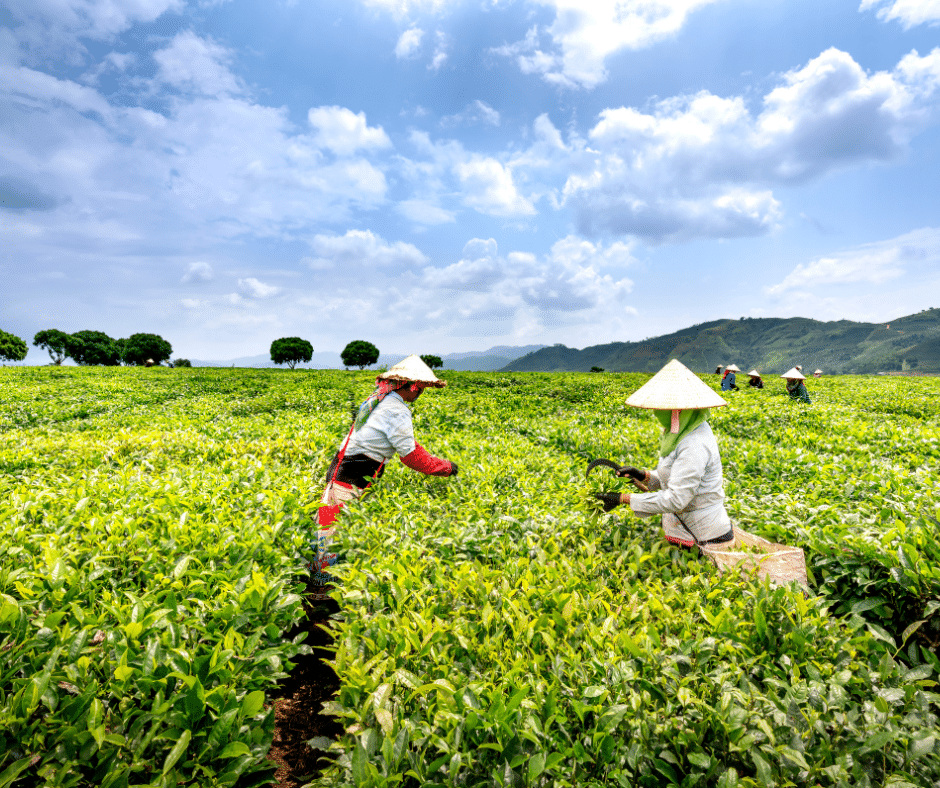With the global population estimated to reach nine billion by 2050, it is essential that we develop sustainable agriculture practices in order to ensure a healthy environment and secure food supply for future generations. Sustainable agriculture is an approach to producing and managing crops and livestock which prioritizes environmental stewardship, economic profitability, and social responsibility. It incorporates techniques such as crop rotation, organic farming, integrated pest management (IPM), conservation tillage, and cover cropping among others.

In this article, we will explore how these approaches can be used to protect our planet from environmental degradation while supporting our food security needs. We will also examine the benefits of sustainable agriculture for farmers around the world, including improved access to markets, increased yields, and higher incomes. Finally, we will discuss some of the challenges associated with transitioning away from conventional agricultural practices towards more environmentally friendly ones.
The benefits of sustainable agriculture are wide-ranging, ranging from improved environmental protection to increased food security. Sustainable agricultural systems can reduce soil erosion and improve water quality by protecting the land from overgrazing and reducing contamination with chemical fertilizers and pesticides.
This ensures that crops and livestock receive a steady supply of essential minerals and nutrients while avoiding pollution to the surrounding environment. Additionally, sustainable farming practices can help farmers increase their yields, as well as save money on inputs.
Sustainable agricultural practices also benefit many small-scale farmers around the world who lack access to capital or advanced technology, yet still, produce much of the world’s food supply. These farmers often face challenges in marketing their products, but they can work with local and international organizations to increase their access to markets. Sustainable agriculture can also help farmers produce higher yields and incomes by providing them with more reliable sources of water, higher quality soil, and better pest management strategies.

However, transitioning towards sustainable agricultural systems is not without its challenges. There are financial costs associated with investing in new infrastructure, educational programs for farmers, and the adoption of new technologies. Additionally, many small-scale farmers may lack the necessary training or resources to make a successful transition to sustainable practices. Despite these challenges, there are many opportunities available to support farmers as they move towards more environmentally responsible practices.
In conclusion, sustainable agriculture provides numerous benefits for our planet and its inhabitants. These techniques can help protect our environment from further damage while providing farmers with improved yields, access to markets, and higher incomes. With the right support and resources, sustainable agriculture can help ensure a safe and secure food supply for generations to come.
